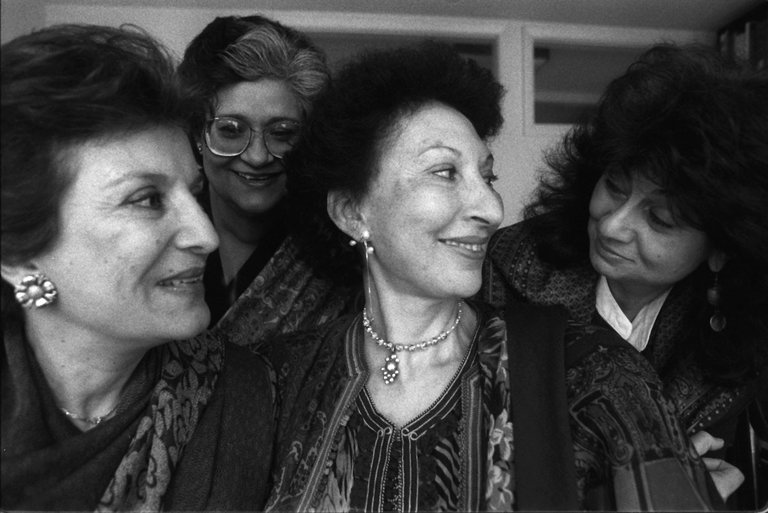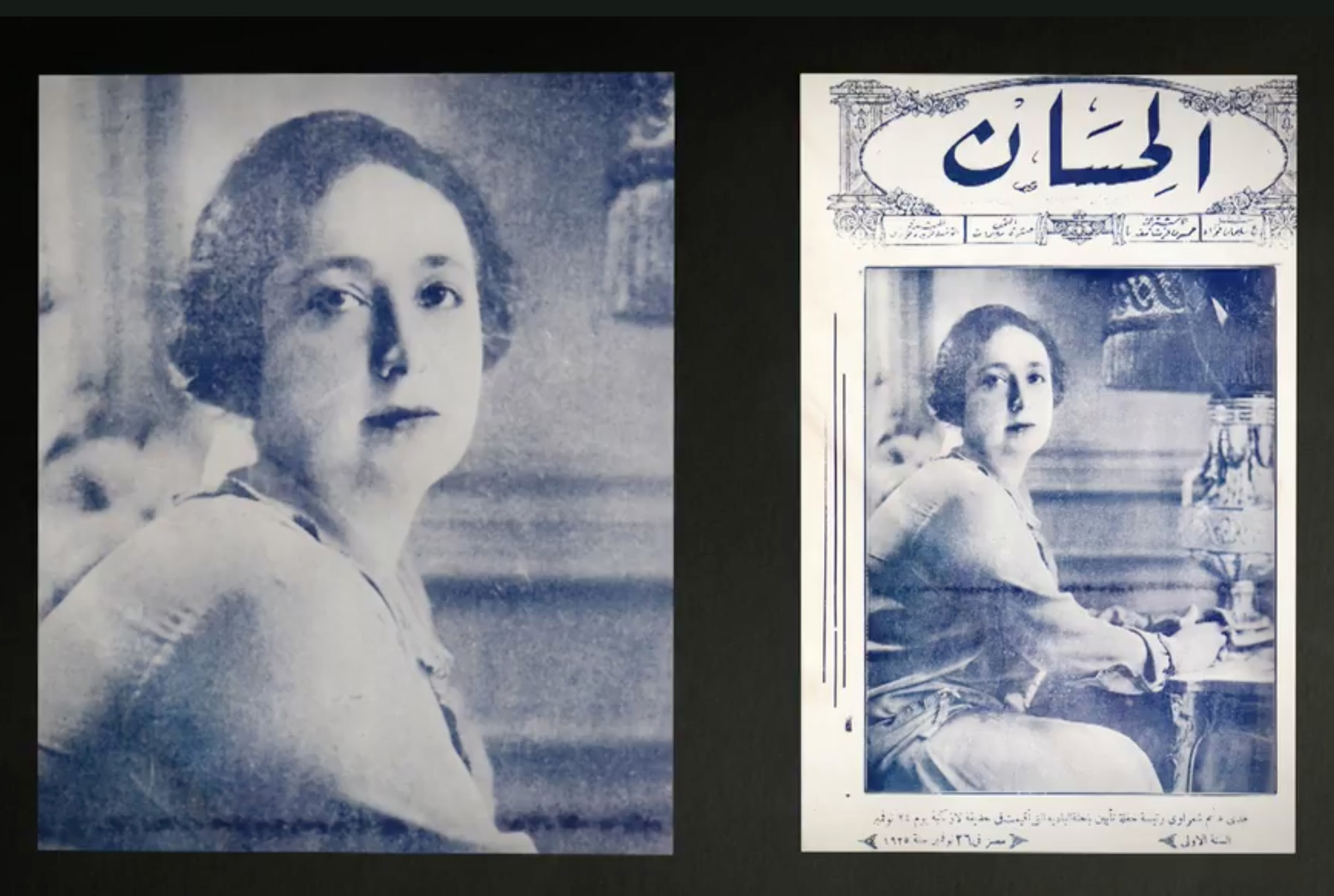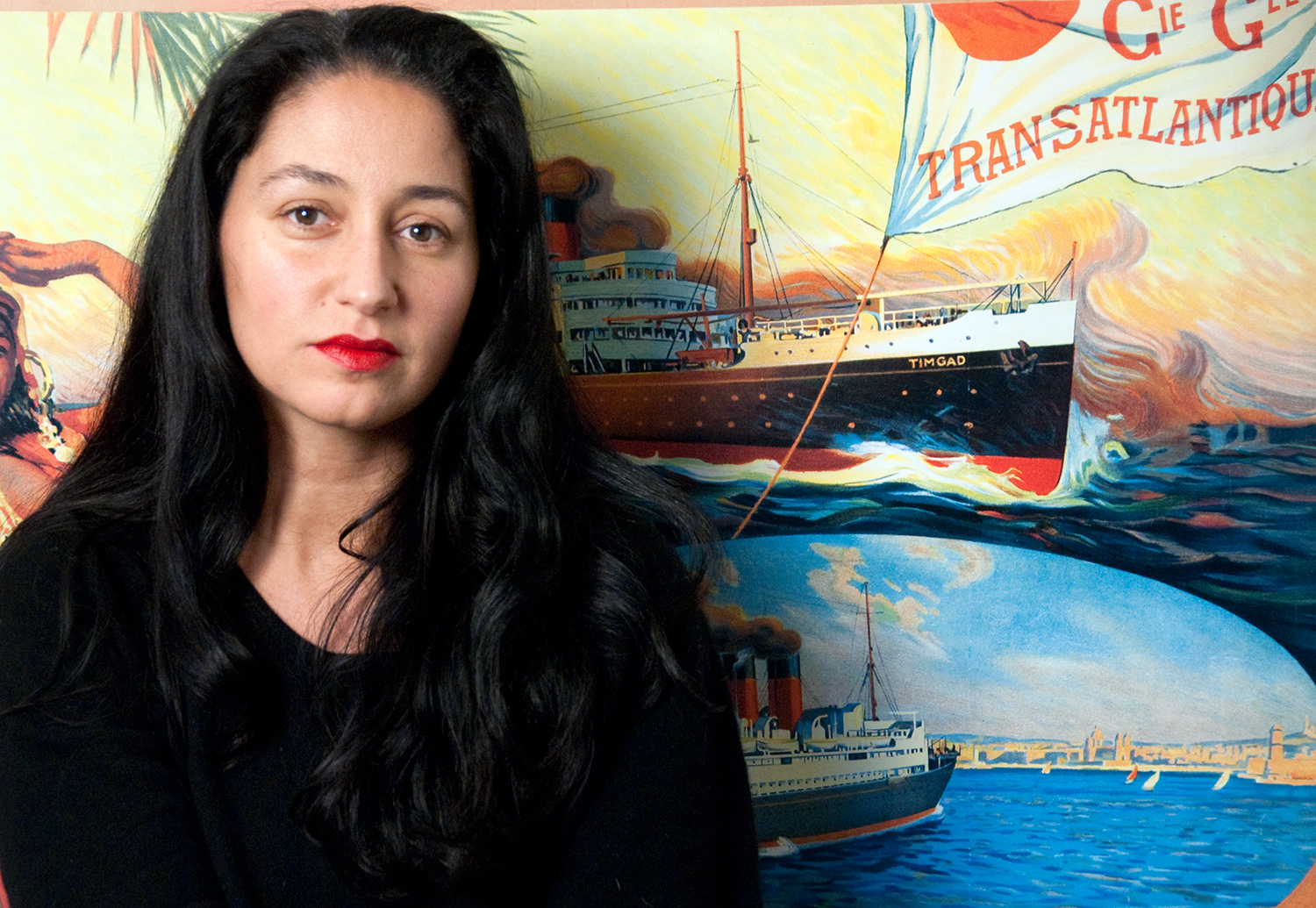
Feminist Duration Reading Group: Kyla Wazana Tompkins
Tue 4 Apr, 7pm
SPACE Mare Street
FREE
We Aren’t Here To Learn What We Already Know
I tell my students: theory is both descriptive of the world we live in and speculative as well, in that it seeks new worlds and new language to understand what seems to be “natural” and “normal.” If the ideas that theory wants to express were easy to say, they would not need to be said. The work of undoing what you know, or what you think you know, is hard. You’re going to have to work hard. “We aren’t here to learn what we already know.” Kyla Wazana Tompkins
The next meeting of the Feminist Duration Reading Group is inspired by US-based Kyla Wazana Tompkins’ 2016 essay ‘We Aren’t Here to Learn What We Already Know.’ Drawing on her experience teaching feminist, queer and minoritarian-based classrooms, Tompkins explores ways of stimulating openness, dialogue and criticality in the classroom, starting by asking: what is a good question, and how do you ask it?
The text is available here
Emphasizing the importance of close, repeat reading, and of reading out loud in group contexts, Tompkins stresses learning’s active, conversational and collective nature. Her essay highlights the role played by tactics of annotation and citation in both forging new knowledges and revisiting earlier texts and positions. It reflects on complex processes entailed in cultural exclusion, inclusion, and assimilation. While recognising that personal intuitions, feelings, and memories often stimulate important questions, Tompkins underscores the need for these personal associations to move beyond the strictly subjective realm in order to question and analyse larger structural and systemic issues.
Tompkins’ approach resonates in many ways with that taken by the Feminist Duration Reading Group towards the collective exploration of overlooked feminist texts, struggles and ideas. In contrast to most Feminist Duration Reading Group meetings – where participants read the text out loud on the night, and advance reading is not required – for this session we ask that people read the essay beforehand. In particular we ask them to follow Tompkins’ instructions:
- Read the text three times: once to get a mental map of the article/chapter/ paper; once to get the gist of the argument; and once to find your questions.
- Take notes in the margins: mess with the text. Underline, star, jot down questions.
- Take a break.
- Think about the pieces of the text, phrases, expressions, moments that tweak your instincts, that bother and harass you. These intuitions and “feelings” are the ends of intellectual threads that you may want to excavate.
- Linger over passages that are unclear or that strike you as particularly helpful or that don’t jar well with you. Why do those passages set off your instincts?
- Relate those passages to the whole text: how is this piece of the text part of a larger context?
Please bring copies of your marked-up text with you.
This meeting follows an earlier session based around Tompkins’ text developed by the Emilia-Amalia Working Group in Toronto. It is restaged with gratitude as a form of virtual collaboration. In a follow up exercise we will draw on Tompkins’ text to explore how to ask a good question about feminism, and how those questions might provoke further conversation and discussion.
The Feminist Duration Reading Group focuses on under-known and under-appreciated feminist texts, movements, groups and struggles from outside the Anglo-American feminist tradition. Started at Goldsmiths, University of London, in March 2015, since July 2015 it has met at SPACE, 129 - 131 Mare Street in Hackney.
The group generally meets on the first Tuesday of the month at 7pm and is open to people of all genders.
If you would like to join the Feminist Duration Reading Group mailing list, or propose a focus for a subsequent session, please email feministduration@gmail.com.
Now You Can Go
The Feminist Duration Reading Group on 1st December 2015 was the first in the Now You Can Go events series exploring feminist art, theory and activism that took place across The ICA, The Showroom, SPACE and Raven Row for two weeks in December 2015.
Feminist Duration Reading Group: Islamic Feminisms

Feminist Duration Reading Group: A History of Arab Feminism

Feminist Duration Reading Group: Sonogram of a Potentiality

Feminist Duration Reading Group: Icelandic Women’s Strike of 24th October 1975

Feminist Duration Reading Group: Linda Zerilli & Anne Boyer

Feminist Duration Reading Group: Scuola Senze Fine


